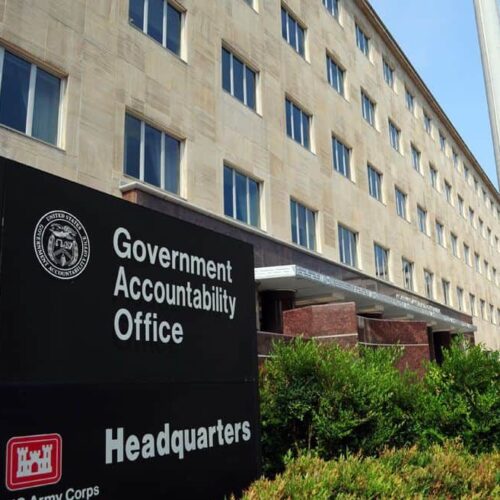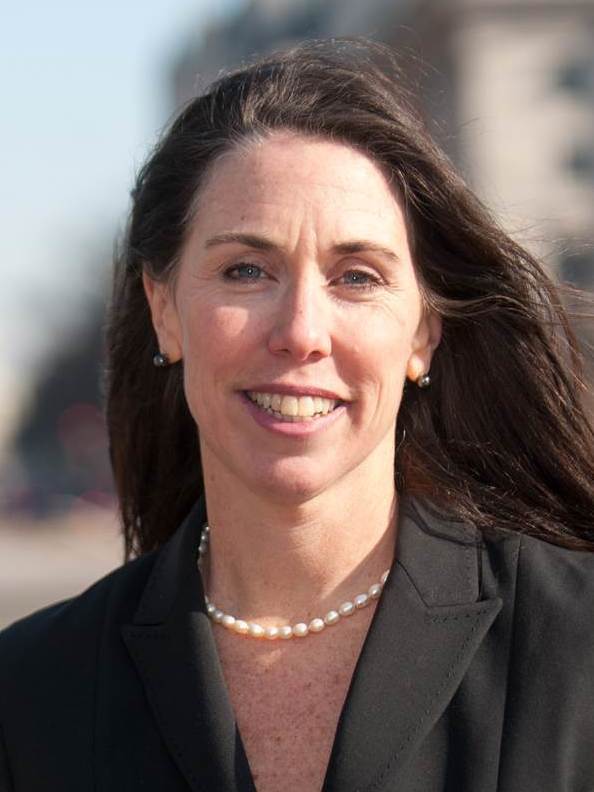Introduction
Lobbyists are working hard to get ahead of a critically important report by the government’s internal watchdog that may determine how banks are regulated in the future.
The Government Accountability Office was asked by Congress to determine whether the nation’s largest banks are able to borrow money at lower rates than smaller institutions because of the view that the government will bail out the behemoths or pay off their creditors in a crisis. The study, the second of two related reports, is due out later this year.
The big banks and their lobbyists have been building an arsenal of reports and academic studies that argue recent regulations have reduced their advantage as “systemically important” fiscal institutions and that there is no need for further regulation.
But the big banks will have a rough time arguing that they receive no market subsidy.
Major reports by organizations including the International Monetary Fund have concluded that the market confers a funding advantage of as much as 80 basis points — the equivalent of a 0.8 percentage point discount on a loan — on giant banks perceived to have special protections from their governments.
Bloomberg News calculated that an 80 basis point advantage could add up to an $83 billion-a-year subsidy for the top six U.S. banks that have been deemed systemically important.
The report was requested by Sens. Sherrod Brown, D-Ohio, and David Vitter, R-La., who have been pushing legislation that would raise the capital standards for giant U.S. banks to 15 percent from the current 6 percent.
In the past year, JPMorgan Chase & Co. and Goldman Sachs Group Inc. have released reports that argue that any cost advantage they had during the financial crisis has shrunk with the passage of the Dodd-Frank financial reform act.
Michel Araten, a JPMorgan analyst until he retired in June, wrote a paper while at the bank that argued the subsidy has shrunk to about 18 basis points since Dodd-Frank passed. This, he said, will likely get smaller because of new regulations that will result in the liquidation rather than the bailing out of major banks in future crises.
Since he left to start his own consulting firm, he wrote another paper that refutes studies that use credit ratings to argue that the market gives a too-big-to-fail advantage.
Araten now consults with nonprofits and with The Clearing House, a nonprofit payments service company owned by the world’s largest commercial banks that has turned to a well-regarded academic economist to make its case.
The Clearing House paid for a study by University of Chicago Economist and former Federal Reserve Governor Randall Kroszner, in which he pokes holes in the major studies that have found a market advantage for big banks caused by the implied government guarantee. Araten, who now runs a consulting firm, also does work with The Clearing House.
The Clearing House, which also has an advocacy and research arm, also launched a series of in-house working papers on touting the value of mega-banks and released a paper detailing what it called “10 Myths” about systemically important banks that reads like a list of talking points.
Bank lobbyists were able to point to only one independent academic research team that has found that the mega-bank market advantage diminished because of Dodd-Frank rules. Ken Cyree of the University of Mississippi and Bhanu Balasubramanian of the University of Akron published a paper in November that concluded that Dodd-Frank “has been effective in reducing, but not eliminating, the size of too-big-to-fail discounts.”
Cyree said he gets no funding from the financial industry.
Simon Johnson, an economist at the Massachusetts Institute for Technology who advocates breaking up the big banks, argues that banks labeled as systemically important have a market advantage simply by virtue of having that designation.
He warned the Senate Banking Committee in a hearing last week that the GAO would be bombarded with studies from biased sources.
The outcome of the GAO study is crucial because it will have a major influence over future regulations that will determine how much risk the big banks can take on and how much bigger they’ll be able to grow.
Lobbying the GAO is somewhat unusual, and it wasn’t something that the Congress considered when it wrote the rules governing lobbying disclosure. The research agency isn’t even covered by federal disclosure requirements.
“It’s a sharp strategy, if you know what you’re doing,” said Craig Holman, a lobbyist on government ethics at Public Citizen. GAO auditors are experts in their field, Holman said, so “a lobbyist who can speak their language — such as providing accurate numbers — can influence their findings and research.”
The financial industry spends more on federal lobbying than any other, according to the Center for Responsive Politics, a nonpartisan group that tracks money in politics. Financial firms, including banks, hedge funds, mortgage lenders and insurers, last year spent $87.5 million on lobbying from January to through September, the most recent available records show.
GAO reports are considered a gold standard of nonpartisan analysis: the agency’s findings wield great influence because of the perception that it is not subject to outside lobbying and influence.
The GAO hasn’t even completed its methodology for the study, said Lawrance Evans, the director of financial markets at the agency. He declined to say what studies he’s been provided and by whom, but said he fully expects to hear from all the financial institutions that could be affected by the report.
“There’s a significant amount of interest in this particular GAO report,” he said.
Several bank lobbyists declined to say whether they had provided reports directly to the GAO. However, two lobbyists who asked that their names not be used said their organizations were ensuring the reports were well-publicized so they were certain to be noticed by Evans’ and his team.
Evans, in an interview, said GAO economists will conduct their own empirical analysis of the market conditions for big bank borrowing, in addition to analyzing the research that’s already been done.
“When we get information from different parties, we’re aware of the conflicts of interest,” he said.
At a Senate Banking Committee hearing last week, Brown urged Evans to be mindful of the sources of the research he uses for his study.
“We need to sort out sensible analysis from sophisticated lobbying,” he said.
Read more in Inequality, Opportunity and Poverty
After the Meltdown
Congressman defends payday lending industry
High-interest lenders an alternative to loan sharks, says Rep. Meeks
After the Meltdown
Credit rating industry dodges reforms, despite role in financial meltdown
Flaws in bond rating system that led to financial collapse remain


Join the conversation
Show Comments